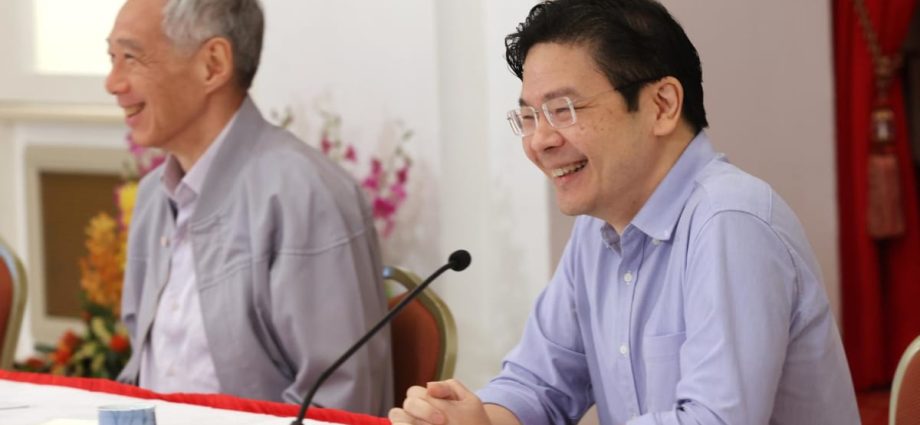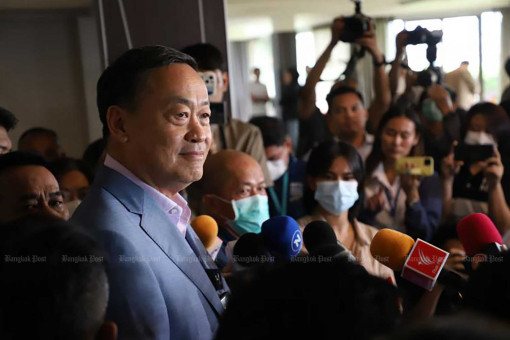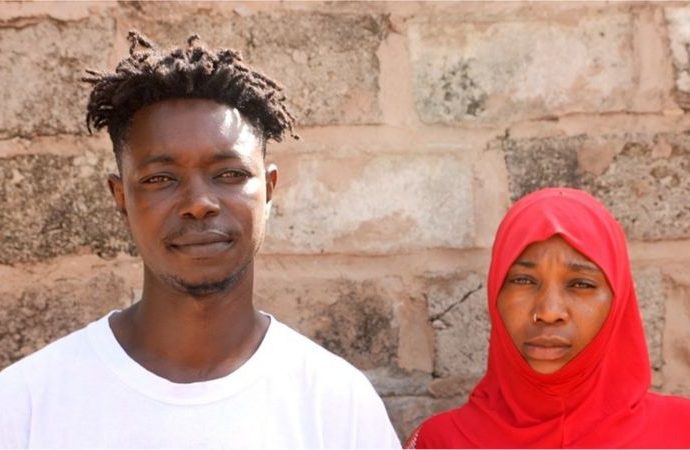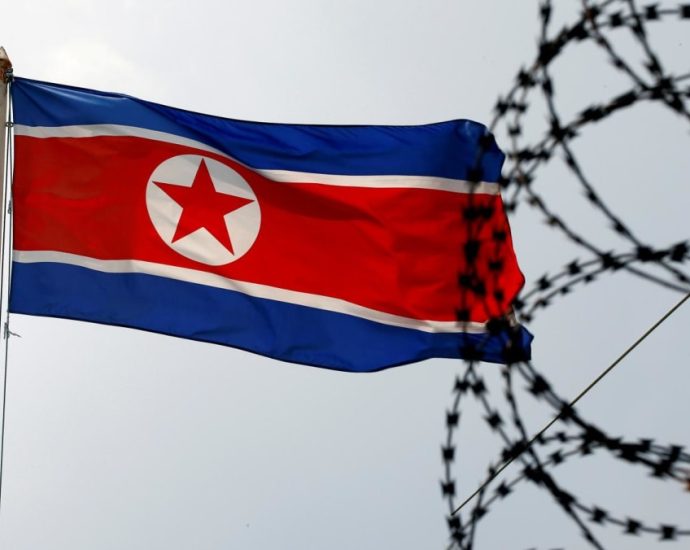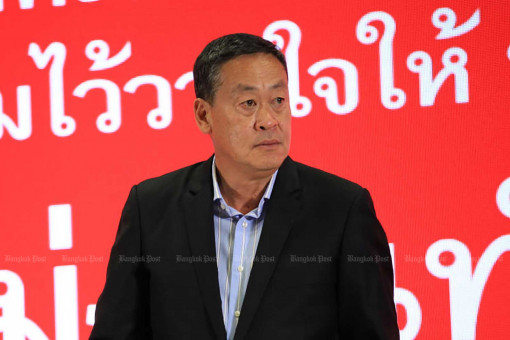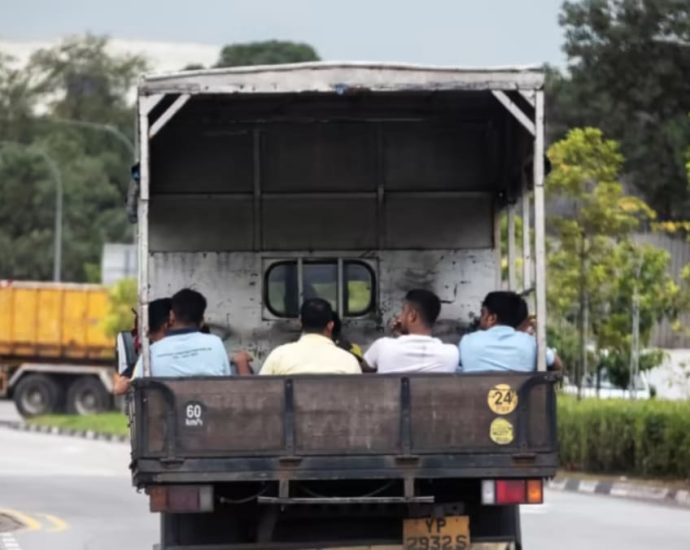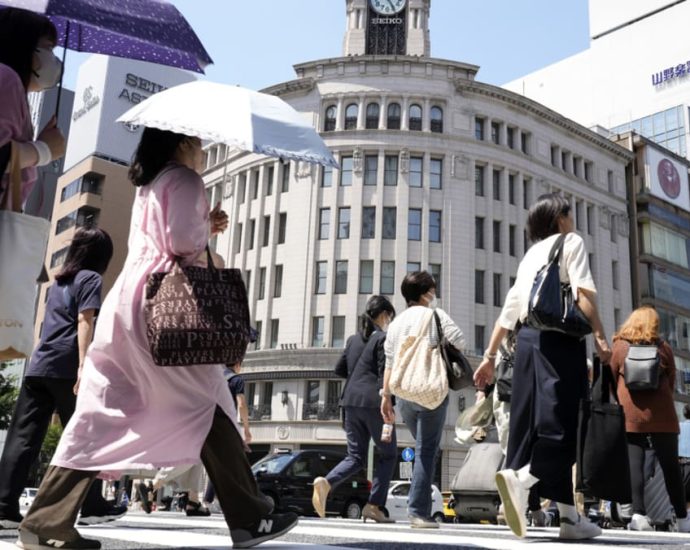Snap Insight: Leadership succession âback on trackâ but no clear timeline
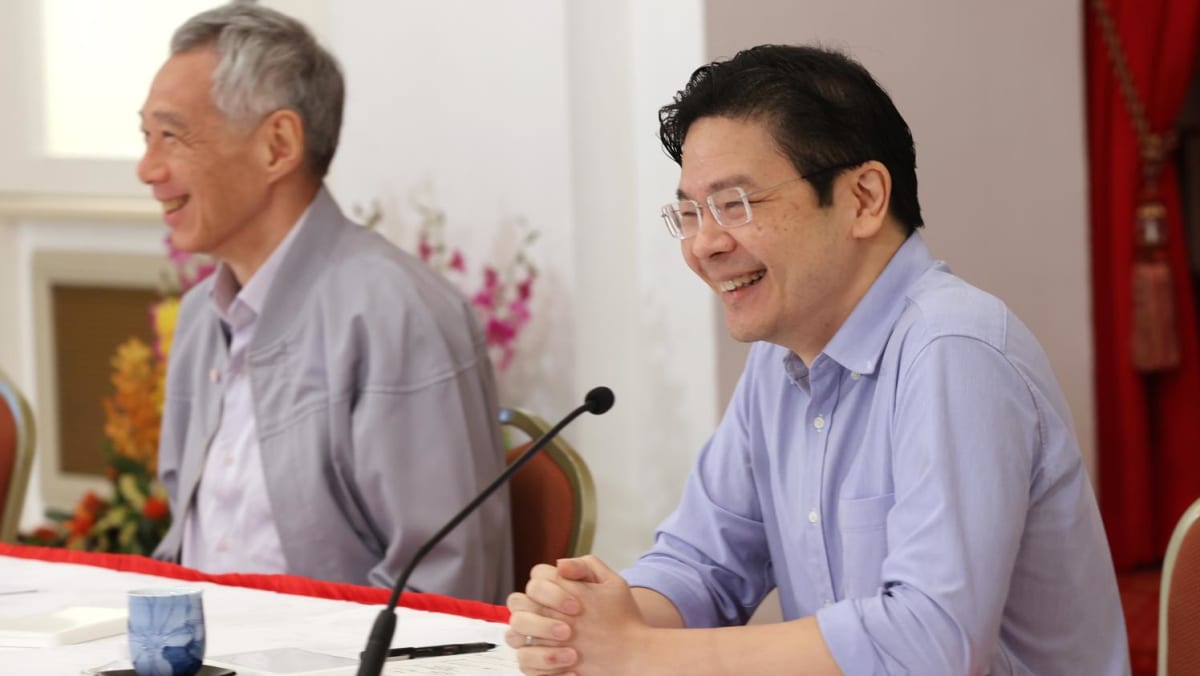
HANDOVER TIMELINE STILL UNCLEAR
Committing to transition without a specific timeline raises questions about clarity and planning.
Certainly, Mr Lee’s words will fuel speculation about the potential timing of an upcoming election. He said in July that he had no plans to call an early election.
A clear handover timeline would provide stakeholders with a sense of direction and certainty. It would give clarity about how outgoing and incoming leaders can work collaboratively to ensure a seamless transition, without leaving the nation in a state of uncertainty.
Two scenarios emerge: A handover before the next election – due by 2025 – or shortly thereafter.
The former could signal Mr Lee’s confidence in the 4G team’s readiness and their ability to shape the nation’s path. Mr Lee might assume the role of a senior minister, as his predecessors did, to continue offering guidance.
On the other hand, if Mr Lee were to lead the next election, it might inadvertently imply that the 4G leaders are not yet fully prepared for the transition.
LGBTQ fears grow in Malaysia as Islamists shatter reform hopes
Last month, authorities halted a music festival, after the frontman of British pop band The 1975 kissed a male bandmate onstage and criticised Malaysia’s anti-LGBTQ laws. Asked about the government’s position on LGBTQ rights, government spokesperson and communications minister Fahmi Fadzil told Reuters: “Whatever the prime minister has said isContinue Reading
Bread & Kaya: 2022 Cyberlaw cases of interest..Pt 2
A question of technical glitches & breaching of contractual obligations
Singapore’s First Action against Unknown Persons on Cyberspace
After sharing Part 1 of some interesting cases last week, I conclude my annual review of noteworthy cyberlaw cases with some notable online contract matters and examples of where the Singapore government has filed…Continue Reading
Candidate hopes for best outcome
PUBLISHED : 21 Aug 2023 at 06:40

Srettha Thavisin, Pheu Thai’s main prime ministerial candidate, on Sunday defended his business track record and expressed hope that his nomination would be endorsed by parliament during a vote on Tuesday.
The property developer-turned-politician was recently accused by whistleblower Chuvit Kamolvisit of unethical business dealings, including land deals, while working with real estate developer Sansiri, raising the question of whether Mr Srettha can be trusted running the country.
In response, Mr Srettha said that as a political figure, he is open to criticism.
However, he is confident that he and Sansiri never engaged in any shady land purchases, noting he had adhered to good corporate governance for over three decades. He denies Mr Chuvit’s claims.
Mr Srettha resigned from all positions at Sansiri in April ahead of the May 14 general election to pursue his political ambition with the Pheu Thai Party.
He said he had clarified the matter raised by Mr Chuvit and believed MPs and senators would use discretion when voting. He said he had complete trust in the Pheu Thai Party, which was negotiating with prospective coalition partners.
He added that key policies of every potential partner would be incorporated into government policies and Pheu Thai’s controversial digital wallet programme would be accepted and implemented by its allies.
He declined to disclose information on the allocation of cabinet seats, an issue being discussed on social media. “Don’t be hasty. Let’s take it step-by-step. But I’m confident that Pheu Thai and its partners will propose qualified people,” he said.
Pheu Thai list-MP Sutin Klungsang said on Sunday the party has met all conditions raised by MPs and senators, and that he sees no reason why Mr Srettha will not be elected on Tuesday.
He said Mr Srettha’s qualifications were examined before he was named as candidate. The party also looked into the allegations made by Mr Chuvit and found them to be untrue, he added.
In other news, the Democrat Party, with 25 MPs, will hold a meeting today to decide how to vote in the PM selection, a source said.
One group of MPs who opposed joining the Pheu Thai-led bloc might ask the Democrat Party to abstain from voting or allow a free vote on the matter, the source said.
Other reports say that as many as 21 Democrat MPs want to support a Pheu Thai candidate so the party is invited to join the government.
A source from the Pheu Thai Party said there is lobbying for the defence portfolio to be set aside for the Palang Pracharath Party, which has yet to join the Pheu Thai-led alliance but has shown support.
Maiden Pharmaceuticals: Fury in The Gambia a year after cough syrup deaths
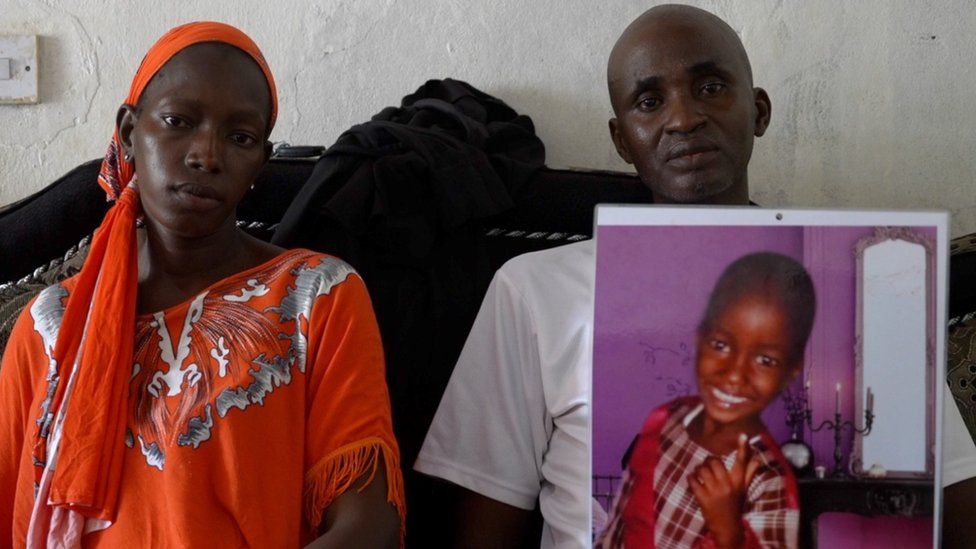
In September last year, Ebrima Sajnia watched helplessly as his young son slowly died in front of his eyes.
Mr Sajnia, who works as a taxi driver in The Gambia, says three-year-old Lamin was set to start attending nursery school in a few weeks when he got a fever. A doctor at a local clinic prescribed medicines, including a cough syrup, but the feverish child refused to take them.
“I forced Lamin to drink the syrup,” recalls Mr Sajnia, sitting at his home in Banjul, capital of The Gambia.
Over the next few days, Lamin’s condition deteriorated as he struggled to eat and even urinate. He was admitted to a hospital, where doctors detected kidney issues. Within seven days, Lamin was dead.
He was among around 70 children – younger than five – who died in The Gambia of acute kidney injuries between July and October last year after consuming one of four cough syrups made by an Indian company called Maiden Pharmaceuticals.
In October, the World Health Organization (WHO) linked the deaths to the syrups, saying it had found “unacceptable” levels of toxins in the medicines.
A Gambian parliamentary panel also concluded after investigations that the deaths were the result of the children ingesting the syrups.
Both Maiden Pharmaceuticals and the Indian government have denied this – India said in December that the syrups complied with quality standards when tested domestically.
It’s an assessment that Amadou Camara, chairperson of the Gambian panel that investigated the deaths, strongly disagrees with.
“We have evidence. We tested these drugs. [They] contained unacceptable amounts of ethylene glycol and diethylene glycol, and these were directly imported from India, manufactured by Maiden,” he says. Ethylene glycol and diethylene glycol are toxic to humans and could be fatal if consumed.
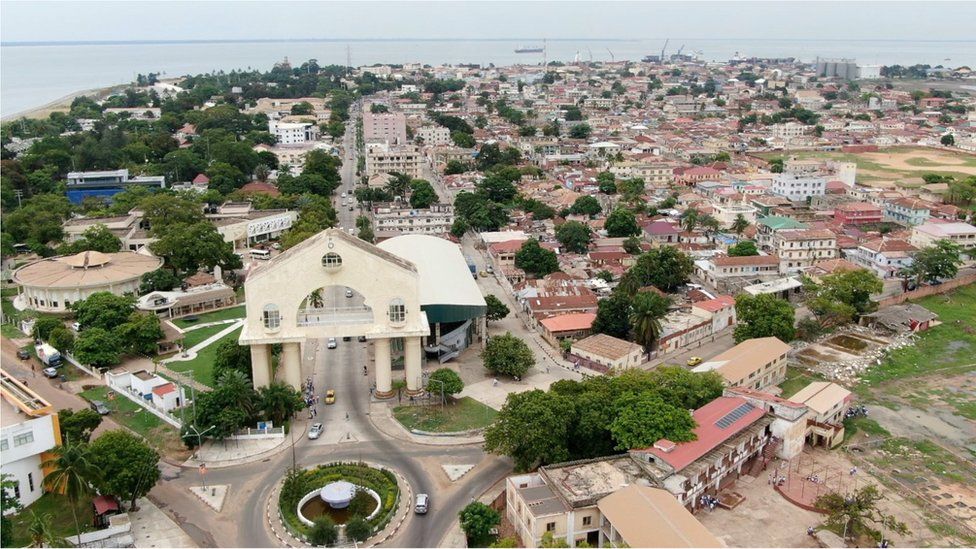
It’s a difficult situation for The Gambia, one of Africa’s smallest countries, which imports most of its medicines from India. Some bereaved parents say they don’t trust Indian-made drugs anymore.
“When I read that a medicine is from India, I barely touch it,” said Lamin Danso, who lost his nine-month-old son.
But the reliance on Indian drugs is unlikely to change anytime soon.
“Most pharmacists are still bringing in drugs from India – it’s far cheaper than importing drugs from America or Europe,” says journalist Mustapha Darboe.
India is the world’s largest exporter of generic drugs, meeting much of the medical needs of developing countries. But allegations that its drugs have caused tragedies like the one in The Gambia – and in other countries such as Uzbekistan and the US – have raised questions about manufacturing practices and quality standards.
“If you see the tragedy, and the kind of alerts declared by WHO, so many countries are thinking twice. They are regularly enquiring. It’s not very comfortable. I call it an aberration. It’s a costly aberration,” says Udaya Bhaskar, director general of the Pharmaceuticals Export Promotion Council of India.
He says while incidents like the one in The Gambia and Uzbekistan have “made a dent” on the Indian pharmaceutical industry’s image, it hasn’t impacted exports.
India exported medicines worth $25.4bn (£20bn) in the financial year ending in March 2023 – of these, $3.6bn was to countries in Africa. Mr Bhaskar points out that the country has already exported drugs worth more than $6bn in the first quarter of the current financial year.
But India has announced steps such as making it compulsory for companies to get cough syrup samples tested at government-approved laboratories before exporting. The Gambia, which does not have drug testing laboratories, has also made this mandatory for medicines exported from India since July.
India has also set deadlines for its pharma companies to adopt WHO-standard good manufacturing practices.
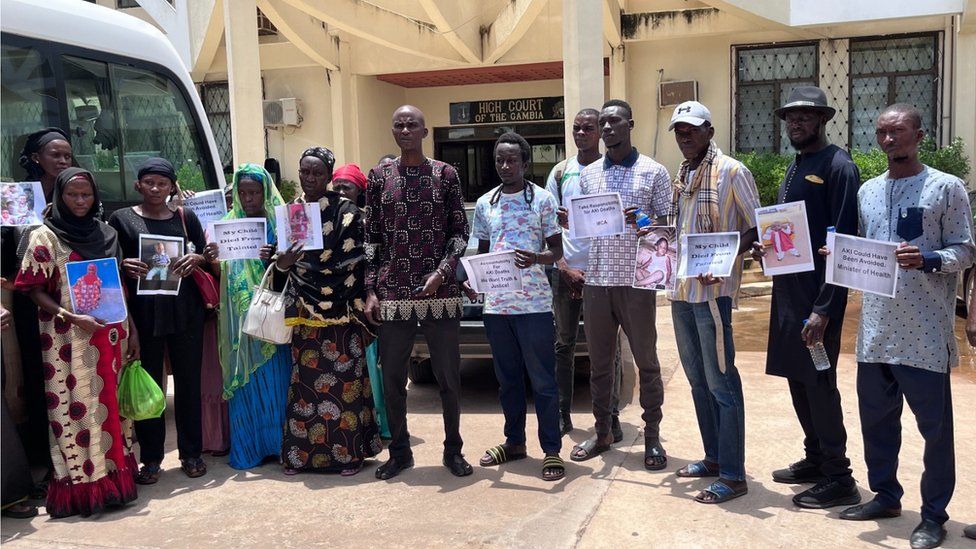
But some Indian activists allege that the country has had a “two-tier manufacturing system” for a long time.
“What we export to the US and Europe, we try and use much more stringent standards compared to drugs made for local consumption and exported to less regulated markets,” alleges Dinesh Thakur, a public health activist.
Mr Bhaskar disagrees, saying that several countries in Africa – India’s third-largest export destination – have “robust” regulatory mechanisms.
A recent Gambian government report on the tragedy has recommended the establishment of a quality control laboratory and two drug regulators have been dismissed.
“We know the anger in the society. We know the anger among the victims,” says Billay G Tunkara, the majority leader of the Gambian National Assembly and head of government business.
But devastated parents say nothing has changed in the country’s health sector over the past year – the medical system struggled to cope with the influx of fever cases and some parents were forced to raise funds to send their children to neighbouring Senegal.
Momodou Dambelleh, who sells wood for a living, was one of them. He last saw Aminata, his 22-month-old daughter, on a video call as she lay unresponsive on a hospital bed.
“I could only see her head moving. I was trying to let her know it was me, her papa,” he says. That was shortly before she died.
“Those who committed the crime, including the health minister, should face the full force of the law,” says Ebrima EF Saidy, spokesperson for a group representing the parents of the victims.
Dr Ahmadou Lamin Samateh, health minister of the Gambia, did not respond to the BBC’s request for an interview.

A year on, many of the parents say they are determined to make sure that others in The Gambia don’t have to experience such pain again.
The families of 19 children have sued local health officials and Maiden Pharmaceuticals in the Gambian high court. They say they won’t hesitate to approach Indian and international courts as well if needed.
“The government’s negligence made the children die,” says Mr Sagnia, who is part of the group.
This is the first in a two-part series.
BBC News India is now on YouTube. Click here to subscribe and watch our documentaries, explainers and features.

Read more India stories from the BBC:

Related Topics
North Korea’s Kim oversees cruise missile launch: KCNA
Suspected North Korean hackers have already targeted the exercises, with email attacks on South Korean contractors working at the allies’ combined exercise war simulation centre, police have said. The announcement of the cruise missile test also comes days after US President Joe Biden hosted South Korean leader Yoon Suk-yeol –Continue Reading
Srettha urged to show up
Senators want to hear him at meet

Senators now expect Pheu Thai Party’s prime ministerial candidate Srettha Thavisin to respond in parliament to questions about his ethical standards following various accusations made against him.
They want to hear from him before they decide whether to support him in tomorrow’s prime ministerial vote. Mr Sretta has previously expressed some reluctance to show, as he is not an elected member of the House or Senate.
Pheu Thai needs about 60 votes from the 249-member Senate for its prime ministerial candidate to win the parliamentary vote and become Thailand’s next prime minister.
In the case the candidate nominated for Tuesday’s vote fails to muster enough support from the Senate, that candidate cannot be re-nominated, in line with the precedent set on July 19, when the nomination of Move Forward Party (MFP) leader Pita Limjaroenrat for a second vote was rejected.
Senator Somchai Sawangkarn on Sunday said he wanted a clear answer from Pheu Thai as to which of its three prime ministerial candidates will actually be nominated.
He was responding to rumours that the party was considering swapping Mr Srettha with either Paetongtarn Shinawatra or Chaikasem Nitisiri, after accusations by whistleblower Chuvit Kamolvisit against Mr Srettha raised questions over his business dealings.
If Pheu Thai wants to switch to a new candidate, the Senate should be informed in advance so it will have enough time to prepare to scrutinise the candidate’s qualification before the vote takes place, said Mr Somchai.
“If senators are left with insufficient time to examine the new candidate’s qualification, they might not vote for him or her,” he said.
“If Pheu Thai insists on nominating Mr Srettha, he should come to Tuesday’s joint sitting of the House of Representatives and the Senate to deliver a statement demonstrating his vision as a would-be prime minister, and respond to questions which may be asked before the vote,” Mr Somchai said.
Mr Srettha’s response to Mr Chuvit’s accusations was not enough to address the questions the public may have about the alleged misconduct, said Mr Somchai.
He added that many senators who had already promised to throw their weight behind the party are now doubting their position because of the accusations made by Mr Chuvit.
He was referring to alleged tax evasion carried out by Sansiri Plc, the property development company for which Mr Srettha had served as CEO prior to throwing his hat in the political ring.
“The chances [of Mr Srettha winning the support of the senators] stand at fifty-fifty.
“It will largely depend on how the party handles the situation in the days to come,” he said.
Sen Seree Suwanpanont said if Mr Srettha doesn’t show up to answer questions in person, the senators will have to base their decision only what Mr Srettha’s representative has to say.
In addition to questions surrounding Mr Srettha’s ethics, a number of senators are eager to ask the Pheu Thai’s candidate about the party’s plan to implement its 10,000-baht digital wallet policy, to ensure the policy won’t hurt the country’s finances, he said.
Meanwhile, Sen Direkrit Jenklongtham said he believed most MPs and senators will base their decision on two factors — the candidate’s qualifications and whether or not the candidate’s party has the support of the lower House.
Aside from these two factors, the Senate will also take into consideration the candidate’s ethical and moral standards, along with his or her vision on how to implement the government’s core policies, said Mr Direkrit.
With regards to Mr Srettha’s vow to rewrite the constitution immediately after the government takes office, the senator said he will have to explain why the charter needs to be rewritten in such a rush, and what benefits the amendment would bring the public.
He encouraged Mr Srettha to attend Tuesday’s meeting, calling it a good opportunity for him to convince MPs and senators that he is suited to be the next prime minister.
Meanwhile, Ms Paetongtarn said Pheu Thai still hopes to see Mr Srettha win the forthcoming vote.
Commentary: Taylor Swift, Coldplay concerts strike the right chord for Singaporeâs stock market

THE STORY OF US
Investors in Singapore’s Straits Times Index (STI) may have something to cheer about, especially given the comparatively subdued performance this year. In the first quarter, the STI grew a modest 0.23 per cent, compared with the US S&P 500 Index, which grew by 7.03 per cent.
First, there is the direct impact on entertainment companies. Shares for UnUsUaL Productions, the concert promoter behind the Jacky Cheung marathon, jumped more than 13 per cent in the days after his concerts were announced.
Another big beneficiary would be stocks that traditionally gain from increased tourism, such as hotels. This has been reflected in the performance of Singapore’s hospitality REITs. Following Jacky Cheung’s concert announcement, CapitaLand Ascott Trust’s stock price rose 4.67 per cent between April and July. A similar pattern was observed for Far East Hospitality Trust’s stock price, which increased 4.88 per cent in the same period.
Their positive performances came despite the high interest rate environment. Higher interest rates tend to decrease the value of properties and increase REIT borrowing costs, meaning downward pressure on S-REITs. However, taking reference from the US Fed fund futures, a rate cut is expected to happen by the Fed meeting in December, which could be beneficial for REITs.
Likewise, the transport sector has similarly trended upward. From April to July this year, the share price of Singapore Airlines increased by 29.38 per cent. While the surge could partially be attributed to post-COVID “revenge travel,” concerts have offered an added catalyst for travel. In-country travel stands to benefit as well; notably, ComfortDelGro stocks have gained 5.88 per cent between April and July.
The Big Read: Transporting migrant workers on lorries – why can’t we stop the unsafe practice after so long?
MILLION-DOLLAR BUS RIDE The main “complexities” — costs, operational needs and infrastructural limitations – that have been highlighted by the authorities and business associations are not easy to manage, several companies told TODAY. Mr Allan Low, deputy director for quality, environment health and safety at Teambuild Construction Group, said thatContinue Reading
Commentary: Japanâs high standards of service face âshrinkflationâ
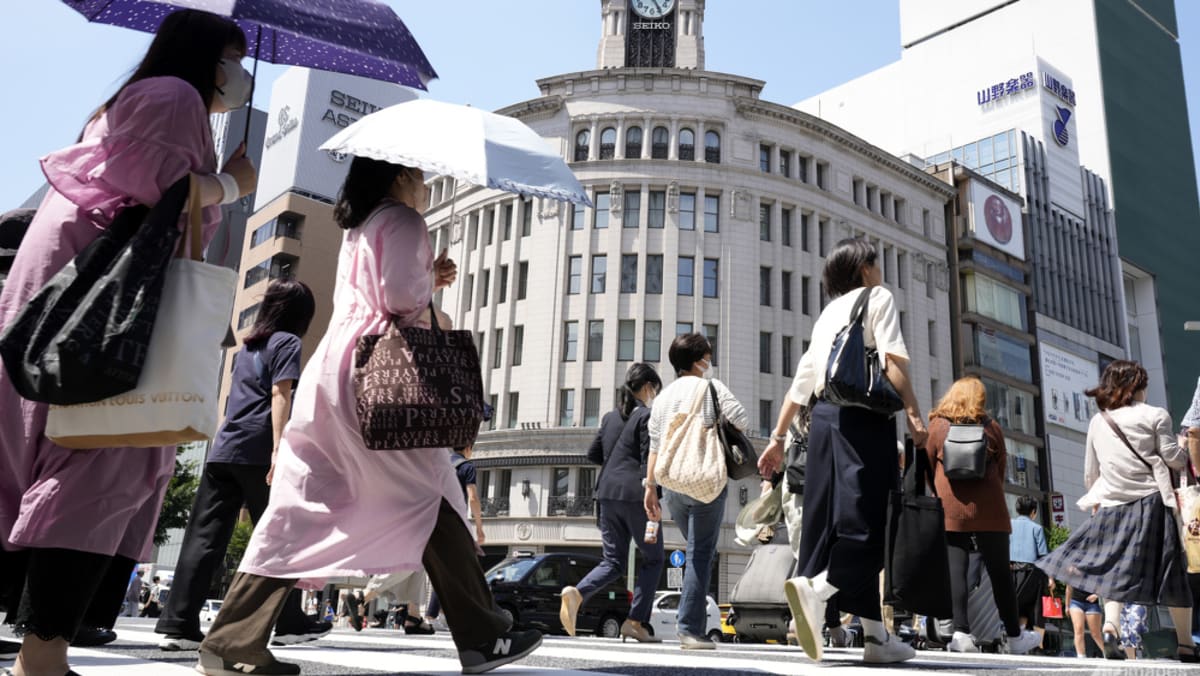
JAPAN’S CHRONIC LABOUR SHORTAGE
Even global brands such as McDonald’s which seek to replicate a particular dining experience across the globe know they have to raise their game in Japan – and have historically done so.
The variable these days is Japan’s chronic labour shortage – a slow-burning crisis of demographics and hesitancy about immigration which, as examples highlight almost daily, is making its mark across the economy. Last week, in a Kyodo survey of 114 of Japan’s largest companies, 49 per cent said they were short of staff. Tokyo Shoko Research, meanwhile, reported that in the first six months of this year, bankruptcies directly caused by staff shortages were 2.5 times higher than the same period in 2022.
Versions of the crisis are everywhere – some are unsettling. In a country where most of the land mass is hills and valleys, members of the Japan Society of Civil Engineers worry about the huge national shortfall of expertise in bridges and tunnels.
But for now, at least, large parts of consumer-facing Japan are entering a complex charade that seems to draw inspiration from another bit of corporate gamesmanship. After many years of deflation and loss of pricing power, Japanese food companies became absolute masters in the dark arts of “shrinkflation” – reducing the quantity of product while maintaining familiar sizes of packaging. Japan was hardly alone in this practice, but squeamishness around raising prices meant it became a more entrenched habit than elsewhere.
Grumpy Japanese websites track in great detail the ways, measurements and timeframe in which shrinkflation has reduced the length of beloved ice lollies, the number of processed cheese slices in a pack or the number of Melty Kiss chocolates in a sachet. A favourite joke centres on Fujiya’s popular Country Ma’am chocolate chip cookies and the forecast that, under its current rates of shrinkflation, each one will be smaller than a ¥1 coin by 2040.
The shrinkflation deception uses visual consistency in the packaging to anchor expectations while delivering less. It also postpones for as long as possible a fundamental change of relationship with customers.

